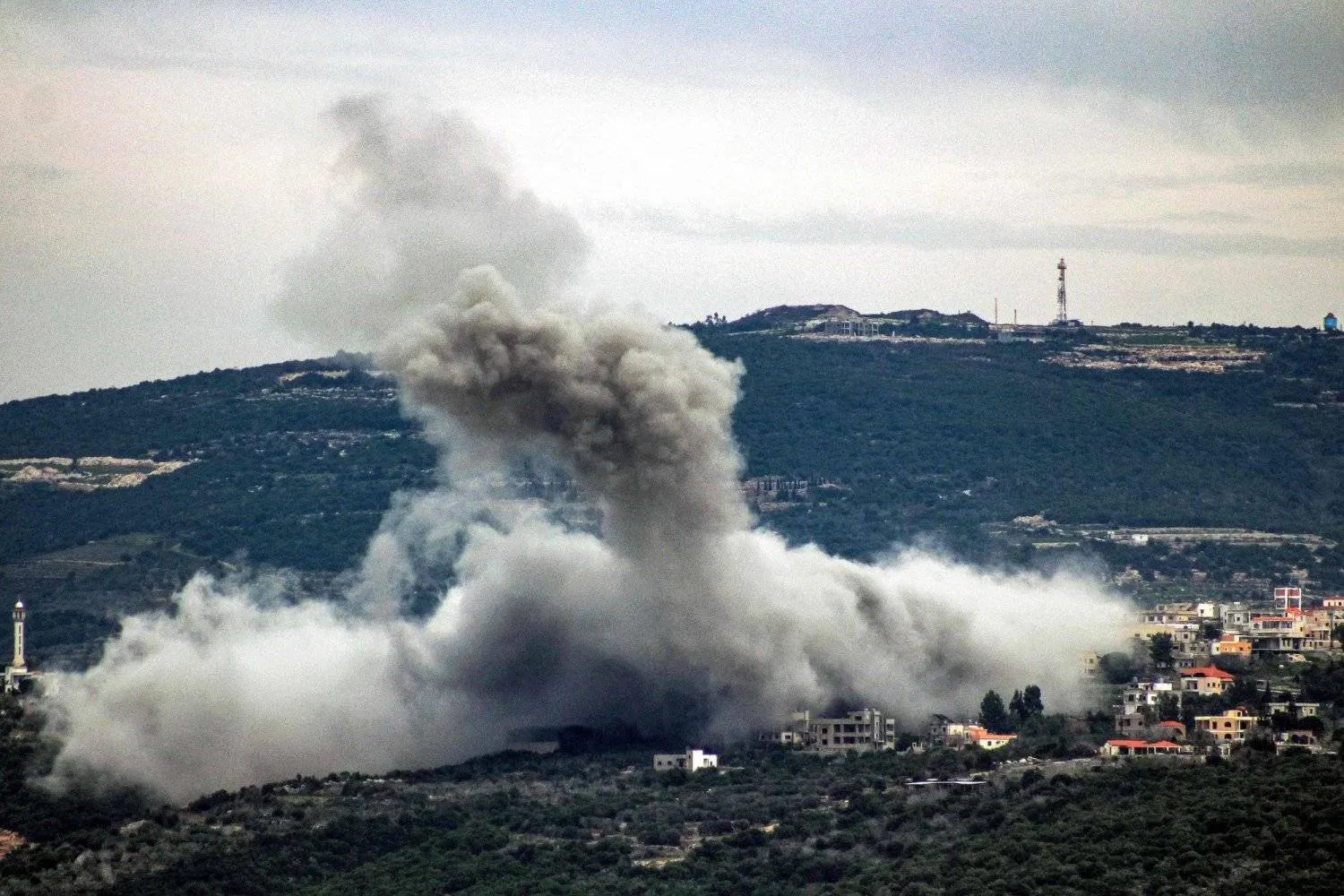Attacks by Lebanese and Palestinian factions in southern Lebanon against Israel have decreased in recent weeks compared to how active they were in wake of Hamas’ October 7 assault.
The factions had been using the attacks to deliver messages to Israel and the international community.
The factions, which had initially included the al-Qassam Brigades and Saraya al-Quds, had taken part in “symbolic combat” against Israel in wake of Hamas’ attack. They launched rockets and limited incursions into northern Israel.
They were later joined by other Lebanese groups, such as the al-Fajr Forces that is affiliated with the al-Jamaa al-Islamiya, the Baath and the “Arab Current” parties.
Members of the Lebanese Amal Movement had also been deployed along the southern border, without officially declaring it was carrying out operations. The movement, headed by parliament Speaker Nabih Berri, has so far mourned eight members killed in Israeli strikes.
Hezbollah has recently sought to highlight Amal’s role in the South to underscore “Shiite unity”, as stated by party MP Mohammed Raad.
Director of the Levant Institute for Strategic Affairs Dr. Sami Nader explained that Hezbollah initially allowed attacks by factions other than itself to provide cover for the Palestinians and underline that it was not involved in Hamas’ Al-Aqsa Flood operation on October 7.
Hezbollah, however, will not relinquish control over the South, he stressed.
“Despite aligning with Hamas strategically, Hezbollah won't allow it or any other group to establish a foothold in the south,” he told Asharq Al-Awsat.
Nader also pointed out that Hezbollah’s decision to halt the other factions’ “symbolic operations” against Israel was driven by its commitment to a “certain ceiling” related to the messages exchanged between Iran and the United States and to prevent the spillover of the war on Gaza.
Hezbollah also wants to prevent Israel from using the presence of al-Qassam Brigades in the South as justification for expanding its operations.
Analyst Kassem Kassir told Asharq Al-Awsat that other groups’ involvement in military operations in the South depends on their capabilities and resources.
Professor of political science at the American University of Beirut Hilal Khashan highlighted the evolution of the resistance against Israel in Lebanon. It was initially called “national resistance” but later came to be monopolized by Hezbollah.
Khashan told Asharq Al-Awsat that Hezbollah allowed other factions to carry out limited military operations against Israel to “deliver certain messages at the time.”
“But Hezbollah doesn’t want an escalation and has since halted the other operations that were being launched from the South,” he added.
It continues to sanction some Amal activities to project the image that Shiites remain united in times of crisis.









